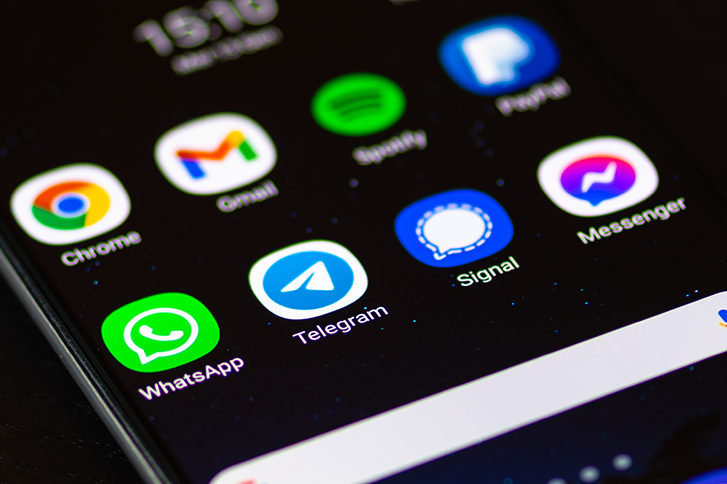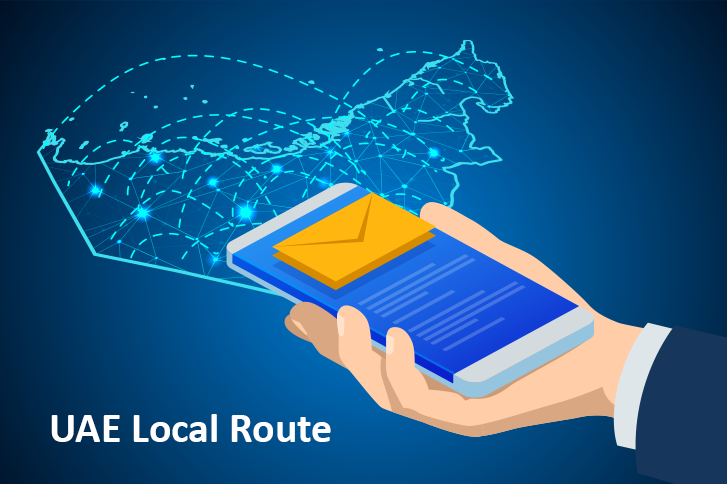In December 2018, WhatsApp launched its business API, a move that would enable formal business-to-consumer(B2C) communication on the platform for the first time. Regular WhatsApp users might question the dynamics of introducing B2C communication on a platform that is exclusively used for personal communication. So let’s take a look at what this development holds in store for businesses.
WhatsApp Business exists as an app separate to WhatsApp Messenger. It is built on top of WhatsApp Messenger so it includes all the features you’re already familiar with, in addition to which it possesses features specific to business applications.

Communicating with customers on WhatsApp
Interactions on WhatsApp Business are unlike their Messenger counterpart. While there are no restrictions on Messenger for sending messages back and forth, WhatsApp Business has some strict rules in place to safeguard its users against spam. There are stringent manual checks in place to protect users from spam.
WhatsApp Business is purely meant for non-promotional communication. Businesses can initiate communication with users only through a transactional message. Customers can reach out to businesses as they please. A messaging session lasts for 24 hours from when the most recent message was received from the customer.
To streamline communication in this manner, there are two types of messages that can be sent on WhatsApp Business:
Template Messages: These template messages are pre-approved by WhatsApp and can be used by businesses to initiate a messaging session. Standardized formats are also useful for sending out messages for a specific purpose such as providing a delivery update.
Session Messages: Session messages refer to messages exchanged within the 24-hour messaging session initiated by the user.
Business profiles on WhatsApp
Businesses can set up a business profile that will enable them to do the following:
- Display important information: Information that’s relevant to consumers such as a business description, website, working hours and address, etc. can be displayed on the profile.
- Create Message Templates: Businesses can also create standardized message formats.
- Get Verified: Verification can dismiss any confusion that could arise from fake numbers and spam sent on WhatsApp Messenger.
Common use cases
A couple of common use cases in which WhatsApp Business can be effectively deployed are:
- Customer Support: Customers can easily be given delivery updates, purchase details and more through WhatsApp.
- Transactions: If a business’s internal API is integrated with WhatsApp Business API, they can enable transactions and payments via the platform.
- Reminders: Customers can also be given reminders for events, bookings, and appointments.
A broad range of communication requirements can be met by this service. Several highly specific use cases can also be modeled similarly.
KLM Royal Dutch Airlines on WhatsApp
KLM Royal Dutch Airlines is amongst the first few businesses to hop onto WhatsApp Business. They have made use of the app’s functionalities to make communication between their airline and passengers easier. They send passengers booking confirmations, boarding passes, etc. via template messages. Passengers also communicate with the airline on chat and raise queries like a seat change. The airline responds to such requests through session messages.
Making a Switch
Customers enjoy having a hassle-free connection with businesses they’re interested in. Service hotlines are becoming outdated as the world becomes more fast-paced.
From a customer point of view, the ease of being able to receive updates and other transactional messages on a platform they already actively use is going to create a demand for more businesses to move over to WhatsApp.
From a business point of view, the API puts a lot of useful tools at the reach of businesses. The cost involved can pay off if the platform is used wisely to strengthen connections.
Omni Channel Communication
This doesn’t mean that other forms of B2C communication need to be abandoned. It is more likely that WhatsApp Business will run alongside traditional means of communication like SMS or phone calls. SMS would continue being used for marketing purposes or to alert customers of time-sensitive information and offers. Newsletters are always best suited for email. While queries are suitable for WhatsApp and Facebook Messenger depending on what users find more convenient.
Overall this will enable businesses to build a stronger relationship with their customers by efficiently using multiple tools at their disposal.



